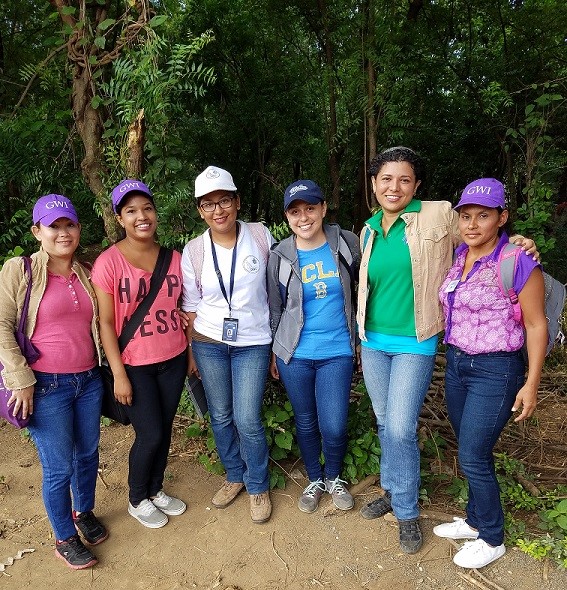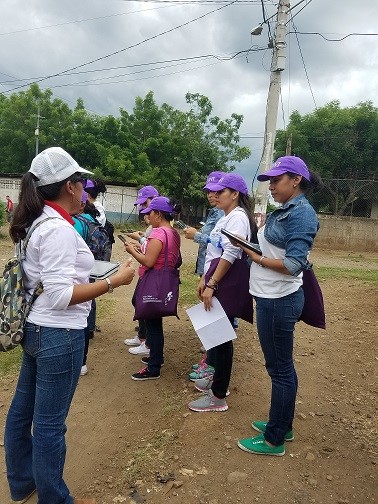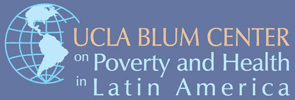Iris Guzman - Update From the Field
Iris Guzman
Site: National Autonomous University of Nicaragua-Leon (UNAN) Leon, Nicaragua
Mentors: Andres Herrera, PhD (Nicaragua)

Iris is a first-year graduate student at UCLA?s Master of Public Health program (MPH) in the department of Community Health Sciences. Her exposure to research has solidified her commitment to pursue training and research on the social, cultural and environmental determinants of health that contribute to the persistence of health inequalities among Latino communities.
Iris has been involved in a variety of research projects, each focused on investigating issues that affect underserved populations. In 2010, she was selected to participate in a competitive summer research fellowship program at the University of California, Irvine where she developed an independent research project exploring the link between discrimination and subjective health in pregnant women who were born in the United States and Mexico.
After completing her MPH, Iris aspires to pursue a career in which she can make meaningful advancements toward the improvement of health in underserved communities through research-based interventions.
Update from the Field
by Iris Guzman, graduate student, Master of Public Health
Research Updates
This summer I am working on a mixed-methods study on the prevention of violence against women and girls (VAWG) in LeÃ?3;n, Nicaragua. Specifically, I am working on a population-based household survey that will be used to interview women of child-bearing age about their health and experiences with physical, sexual, and/or emotional violence. These interviews hope to examine the prevalence, characteristics, and trends of VAWG, as well as, to give a deeper understanding of the social norms around violence. The interviews will be conducted by trained fieldworkers; my role is to supervise data collection for quality assurance.
Training and Fieldwork
During the last week of June, I met the research team and attended a training session on how to read maps. Surprisingly, I learned that it is particularly important to learn how to read maps for this study because the houses in Nicaragua do not have addresses! We used maps from the Health and Demographic Surveillance System in LeÃ?3;n to locate our participants for this study. In early July, we began interviewing women in LeÃ?3;n?s urban and rural areas. Within our first week of doing field work, I quickly realized how
challenging this task can be. For example, women fieldworkers walk many miles under the hot sun (or in the rain) in order to locate
homes, while, at the same time remaining vigilant of their surroundings. In just two weeks of being in Nicaragua, I have learned
how to read maps and locate myself without a compass, as well as, establishing safety plans when working out in the field.
My research team ready to begin the day?s fieldwork into the rural community.

Fieldworkers ready to begin interviewing.
Next Steps
Our research goal is to complete 1,700 interviews. My ultimate goal is to write a report on this fieldwork to inform research design and data collection from Nicaraguan communities to help improve the health and wellbeing of Nicaraguan women and girls.


